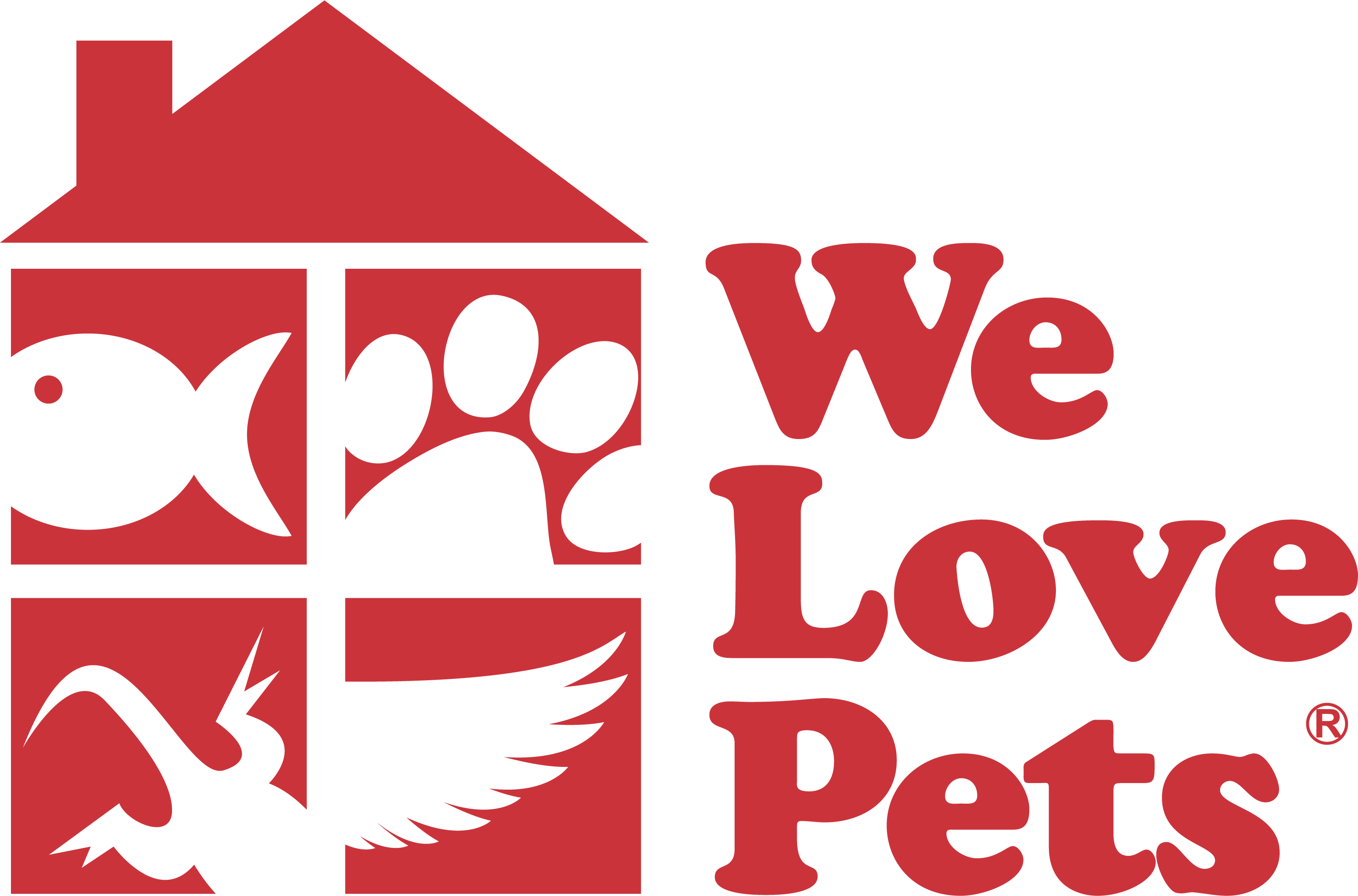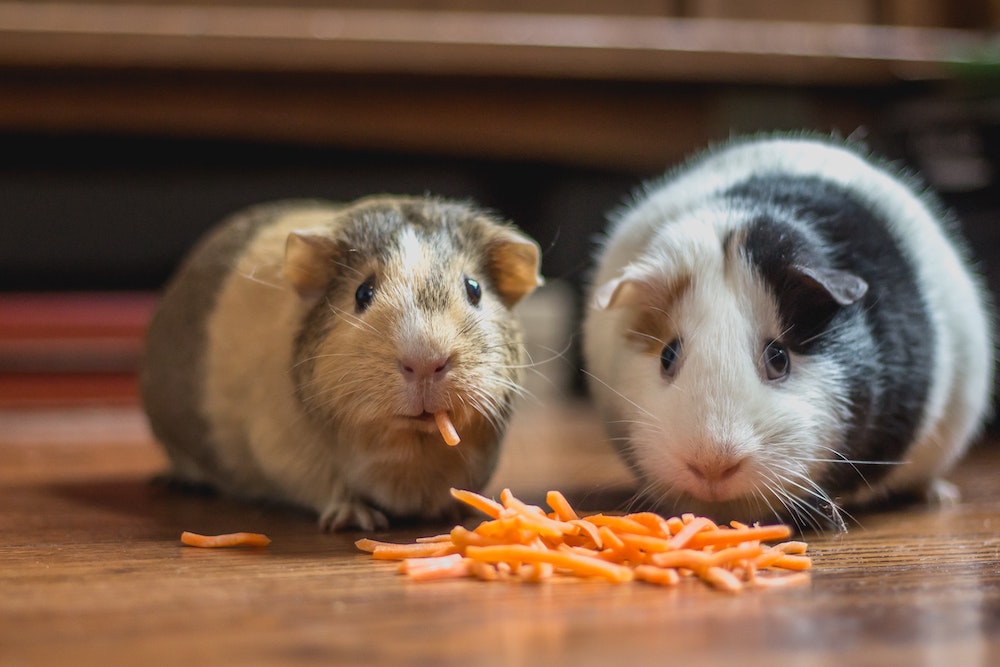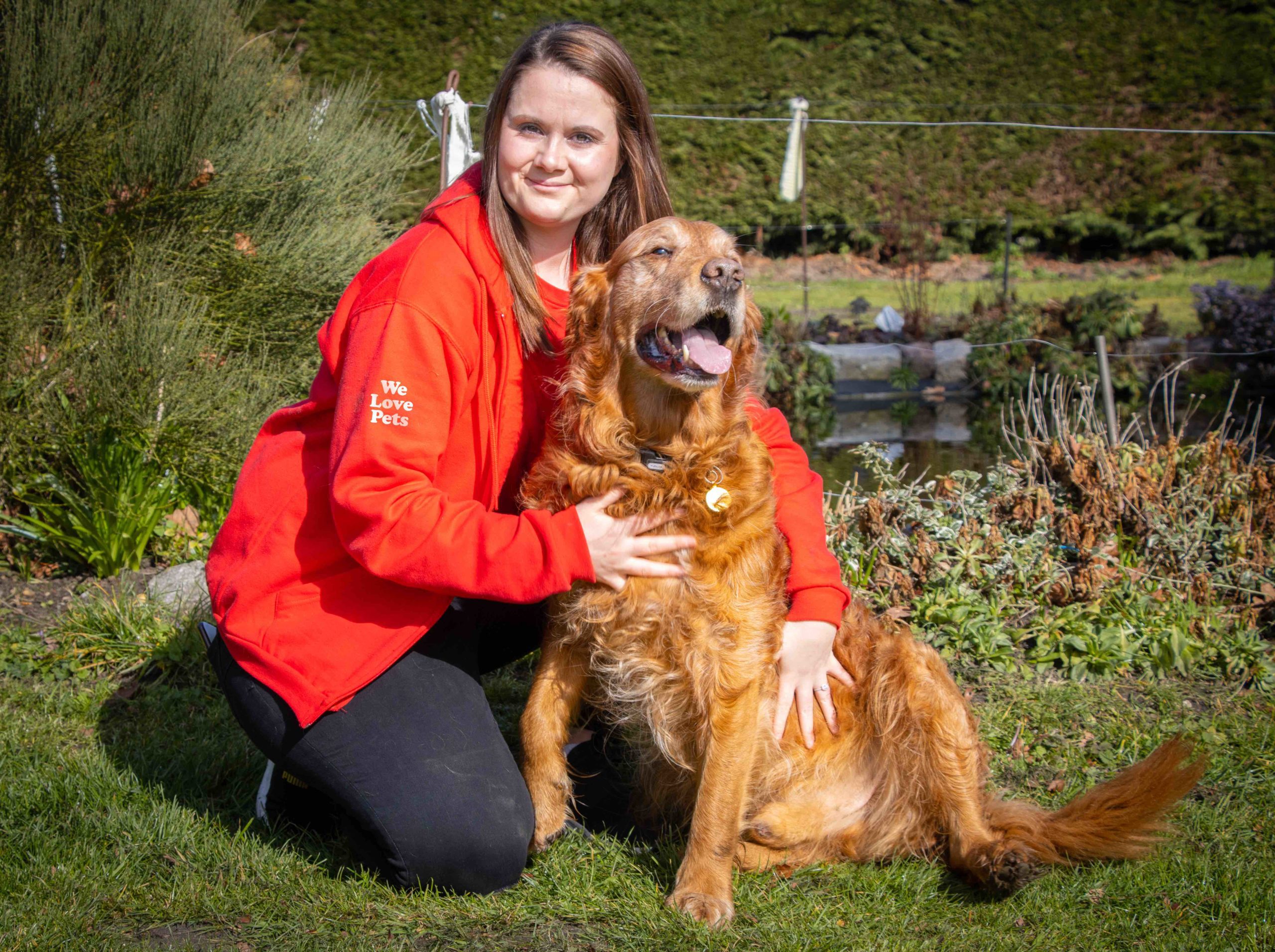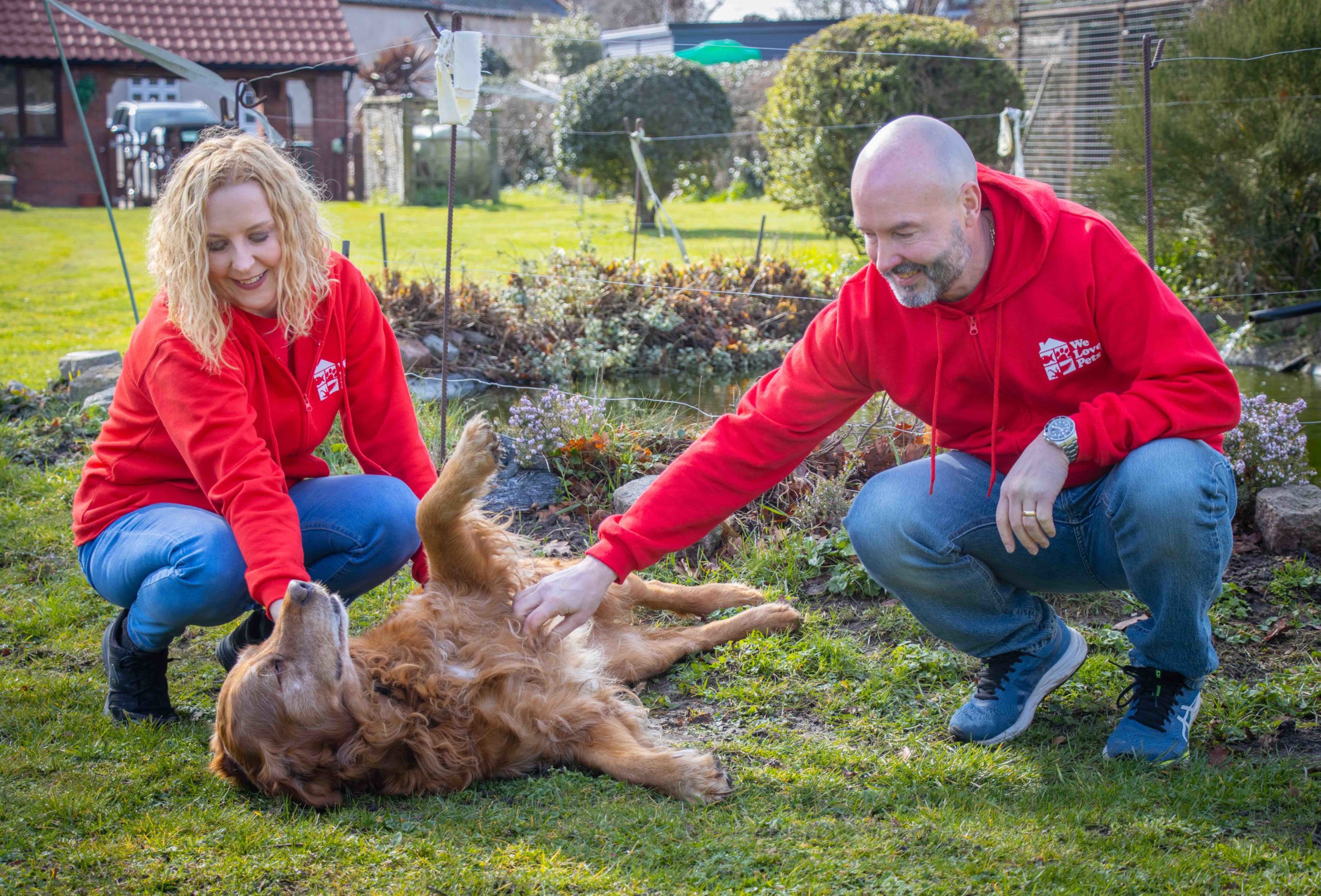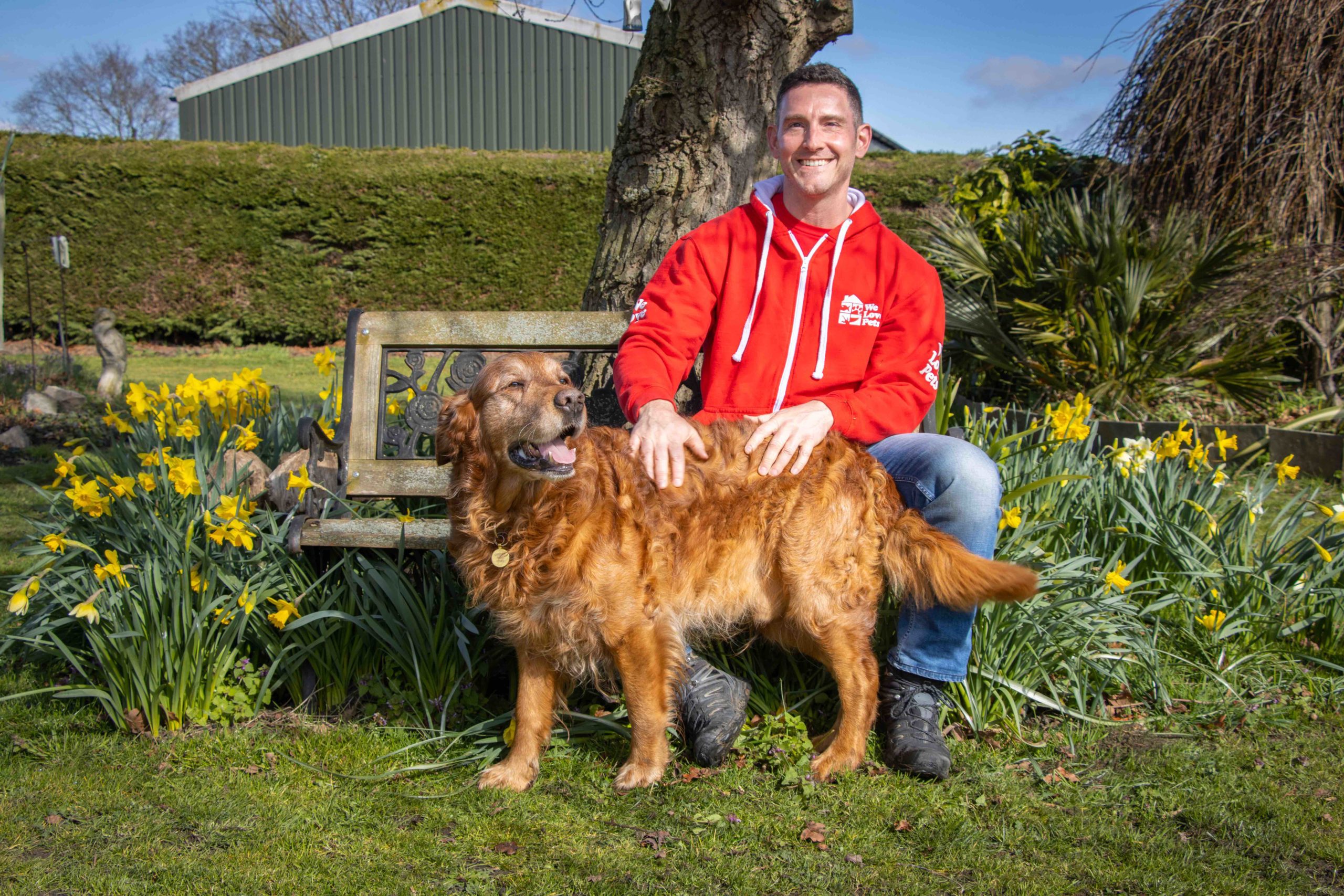The pet care market in the UK has beyond doubt reached new heights at the moment, with more than a quarter of Brits buying or adopting a new family pet to keep them company through lockdowns and working from home during the pandemic. The Pet Food Manufacturers’ Association (PMFA) has released its annual pet population data, confirming that 3.2 million households in the UK have acquired a pet since the start of the pandemic.
The market is currently at an estimated value of £6.5 billion, with more than 17 million households and counting owning pets. There has never been a better time to join the pet care industry by purchasing a pet care franchise. The interest for these services is there and ready for more people to provide them now more than ever, and meeting the demand as it increases is a sure way of knowing that your business will thrive rather than collapse.
Since there has been such an increase in pet ownership over the past few years, many other people have also been trying to cash in on this expanding business opportunity. Unfortunately, this means that too many untrained, unregulated companies and individuals have come into the pet care market over the course of the pandemic. So many people think that animal care is an easy and smooth sailing option for a quick paying job. Considering that simple walking and sitting isn’t strictly regulated by law, anybody can start a business in it no matter previous training or knowledge of pet care. The problem with this is that without training, new pet carers can potentially put both themselves and the pets in some risky situations and be unable to get out of it safely.
Without a set of guidelines to follow in the pet care industry, there are no rules to adjust the pet care to an individual pet. An untrained carer will likely give the same amount of care to all pets without considering the differences in personality or habits. This can lead to the unravelling of any training an owner gives to their pet or simply damage the animals’ psyche. Even without legal repercussions, rules and guidelines set within a company to ensure that each pet receives the care they need as individuals is essential.
As the market expands, there’s more need for better regulations and training, especially since few pet care services require a government-supplied license. Licencing for pet boarding in the UK has many conditions, including having training in how to care for animals; you must meet these conditions to be accepted for a license. These licenses also have restrictions, guidelines and potential penalties should you misuse them, including losing your license. No matter how many pets you intend to board, you still need the same license, ensuring that nobody can find a loophole through the rules. These regulations help ensure that pets won’t be hurt and are kept healthy while at the borders’ homes and are checked by the government. However, when it comes to dog walking and pet sitting, licensing is not a requirement, even though it is just as important and just as potentially difficult to maintain pet welfare while doing those things. While licensing is not compulsory for these things, having appropriate training and education on how to take on other pet care services safely should be considered before starting a business in it.
During the pandemic (2020-2022), the percentage of UK households that have pets were, on average, around 59%. This is impressive considering that before the pandemic, the number of homes with pets was at an average of 37%. This particular growth in household pets being during a time when in-person pet training classes were postponed may mean that many of these animals might have limited training, especially in social situations. Should a dog pull on the lead or bark wildly while out on a walk, an untrained individual could potentially injure themselves or the dog while attempting to control the behaviour. New cats may be incredibly territorial of their spaces, so sitters may have to deal with animal behaviour in the home too. This behaviour can range from aggression to acting out, resulting in personal injury. With the correct training and thoroughly regulated steps to run a pet care business, these problems can be handled safely and sensibly.
At We Love Pets, we ensure all our franchisees are fully trained, licensed and knowledgeable. We are a pet welfare first company. To help us continue to raise the bar for animal welfare in the pet care industry, we have created our very own – first of it’s kind – learning management system (lms), Novabright, with innovative partnerships with colleges to train and upskill franchisees and staff in pet care, so we can continuously deliver value to our customers. Not only are our Novabright courses available to all We Love Pets’ franchisees and staff, but we have also designed courses available to the public, allowing anyone and everyone to complete courses on pet care and animal welfare from anywhere!
